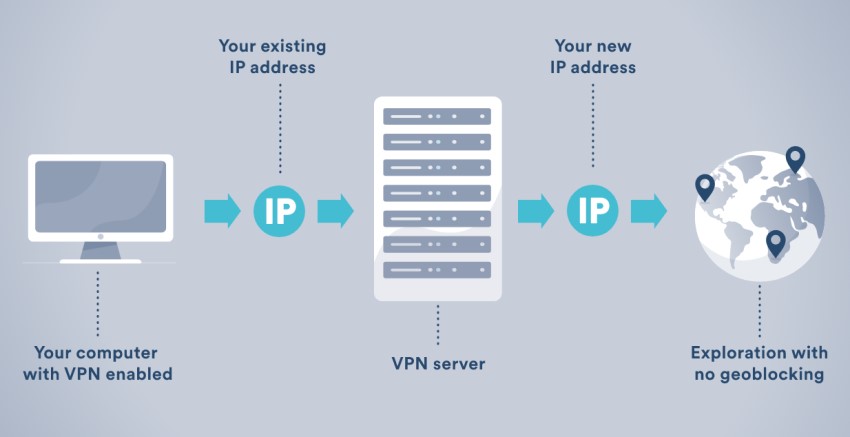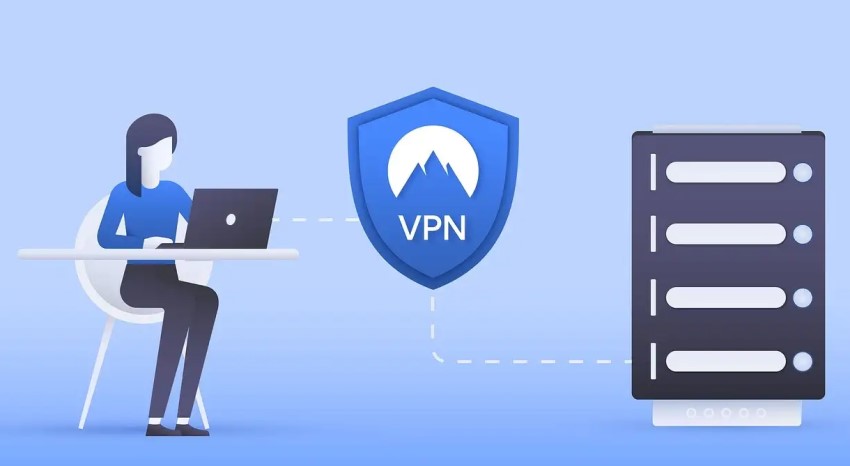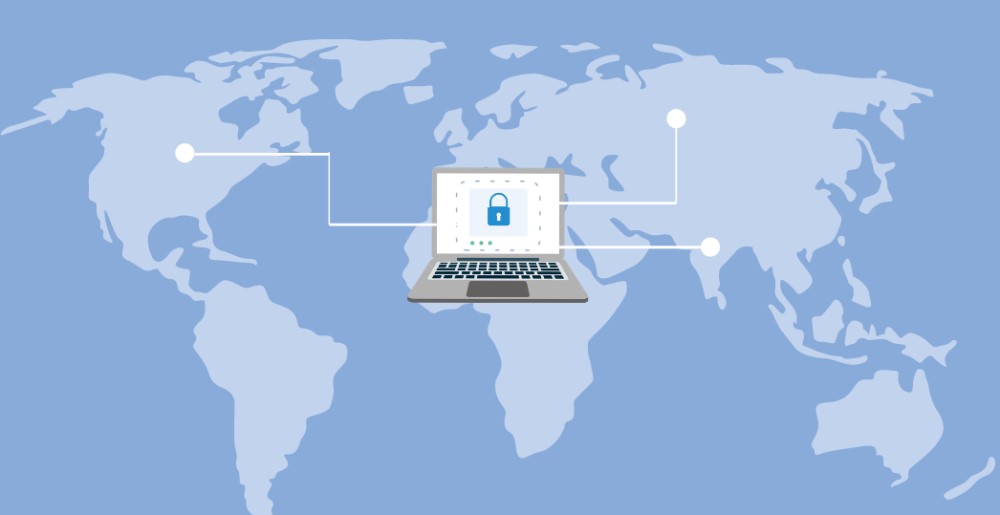If you’re looking to get around geographical restrictions, a virtual private network (VPN) may be a good option for you. VPNs encrypt your traffic and protect it from prying eyes, meaning you can access geo-restricted content without worry. Here’s how VPN can help you bypass geo-restrictions:
Introduction to VPNs and geo-restrictions
A Virtual Private Network (VPN) is a technology that provides online privacy and security by creating a private network from a public internet connection. VPNs are commonly used to bypass geo-restrictions, which are internet barriers that limit access to online content and services based on the user’s location.
By using a VPN, you can mask your IP address and connect to a server in a different country, making it appear as though you are accessing the internet from that country. This can help you bypass geo-restrictions and access online content that may be otherwise unavailable in your region.
There are many VPN providers available, each offering different features and capabilities. When choosing a VPN, it is important to consider factors such as speed, security, reliability, and customer support.
Some of the top VPN providers include ExpressVPN, NordVPN, Surfshark, IPVanish, and PrivateVPN. These VPNs offer strong encryption, fast speeds, and a large number of servers in different countries, making them ideal for bypassing geo-restrictions and accessing online content from around the world.
Here are a few examples of how VPNs can be used to bypass geo-restrictions:
Accessing region-locked content: Some websites and streaming services may limit access to certain content based on your location. With a VPN, you can change your virtual location and access content that is not available in your region.
Evading censorship: In some countries, the government may censor or block access to certain websites or services. A VPN can help you bypass these restrictions and access the internet freely and anonymously.
Overcoming local restrictions: Some public Wi-Fi networks may limit access to certain websites or online services. A VPN can help you bypass these restrictions and access the internet as if you were on your home network.
However, it is important to note that the use of VPNs to circumvent geo-restrictions may be illegal in some countries. If you are considering using a VPN for this purpose, make sure to understand the risks involved.

How VPNs can help you bypass geo-restrictions
Geo-restrictions are limitations that content providers place on certain websites and online services, making them inaccessible to users from certain geographic regions. VPNs (Virtual Private Networks) can help users bypass these restrictions and access content from anywhere in the world.
By connecting to a VPN server located in a different country, users can make it appear as though they are accessing the internet from that country, allowing them to access restricted content as if they were physically located in that region.
VPNs work by masking the user’s real IP address and substituting it with another based in a different country, effectively changing their location online and bypassing geo-blocking . To use a VPN to bypass geo-restrictions, users need to download and install the VPN app, connect to a server in the appropriate country, and log in to the desired service to access the content they want.
Aside from accessing restricted content, VPNs offer other benefits, such as increased privacy and security, since they encrypt internet traffic, protecting it from prying eyes. They can also help users avoid censorship and get better pricing deals when shopping online.
Tips for using VPNs to bypass geo-restrictions
Geo-restrictions can be a frustrating obstacle when you’re trying to access content online. Fortunately, VPNs can help you bypass these restrictions and access the content you want. Here are some tips to make the most of VPNs when trying to bypass geo-restrictions:
Choose a reliable VPN service: The first step to bypassing geo-restrictions is to use a VPN service that is reliable and has a good reputation. Some of the best VPN services for bypassing geo-restrictions include ExpressVPN, NordVPN, IPVanish, Surfshark, and PrivateVPN.
Select a server in the appropriate country: Once you’ve chosen a VPN service, connect to a server located in the country where the content you want to access is available. For example, if you want to watch a show that’s only available on Netflix US, connect to a server located in the US.
Block geo-location data: To prevent geo-restrictions from detecting your location, you may need to block certain types of data. These may include your IP address, cell ID, GPS location, Wi-Fi and/or Bluetooth MAC address, Wi-Fi connection location, and RFID. You can use your VPN to block some or all of these data types.
Test your connection: Once you’ve connected to a server and blocked any necessary data, test your connection to make sure it’s working. Try accessing the content you want to watch or use an online tool to check your IP address and make sure it matches the location of the server you connected to.

Conclusion
In summary, VPNs are a powerful tool for bypassing geo-restrictions and accessing online content that may be otherwise unavailable in your region. By providing enhanced security and privacy online, VPNs offer a safe and reliable way to access online content from around the world.

